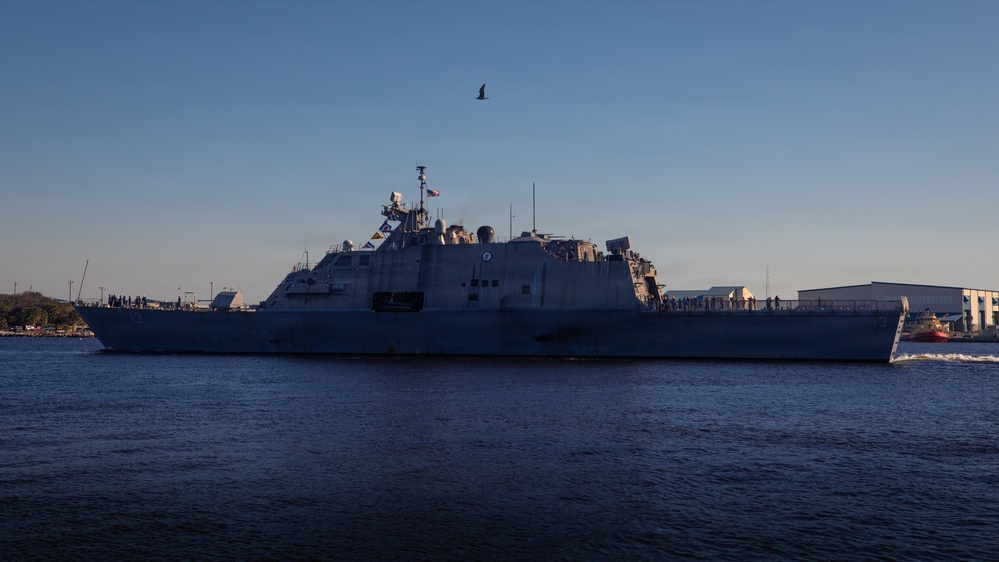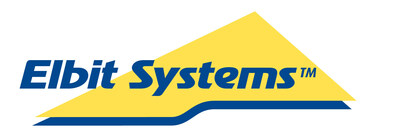MDA SPACE AND HANWHA SIGN MOU TO PURSUE KOREAN MILITARY CONSTELLATION PROGRAM
Strategic partnership aims to advance next-generation satellite solutions for Korea’s national defence infrastructure
BRAMPTON, ON and GUMI-SI, GYUNGSANGBUK-DO, Republic of Korea, Jan. 26, 2026 /PRNewswire/ – MDA Space (TSX: MDA), a trusted mission partner to the rapidly expanding global space industry, today announced the signing of a Memorandum of Understanding (MOU) with Hanwha Systems Co., Ltd. (“Hanwha”), a global leader in smart technologies and aerospace solutions. Through this MOU, MDA Space and Hanwha will explore opportunities to collaborate on the development of Korea’s sovereign Low Earth Orbit (K-LEO) defence constellation, leveraging MDA’s AURORA™ software-defined digital satellites.
The K-LEO constellation is a flagship national initiative designed to strengthen Korea’s sovereign defence capabilities and ensure secure, resilient communications and data services for national security operations. MDA Space and Hanwha will work together to assess how MDA AURORA’s flexible, software-defined architecture can support Hanwha in addressing evolving mission requirements, maximizing operational efficiency, and enabling robust, scalable satellite solutions for the K-LEO defence program.
“We are honoured to partner with Hanwha in support of Korea’s sovereign K-LEO defence constellation,” said Mike Greenley, CEO of MDA Space. “This collaboration highlights the global confidence in MDA AURORA’s secure dual-use software-defined satellite technology to deliver mission-critical flexibility, performance, and resilience for national defence networks. Together with Hanwha, we look forward to advancing Korea’s defence infrastructure and enabling a new era of secure connectivity.”
“This MOU marks an important first step in exploring collaboration with a global partner to advance Korea’s defence space capabilities,” said Jae-il Son, CEO of Hanwha Systems. “We will continue to assess next-generation satellite solutions capable of addressing evolving operational requirements.”
FORWARD-LOOKING STATEMENTS
This press release contains forward-looking information within the meaning of applicable securities legislation, which reflects the company’s current expectations regarding future events. Such forward-looking information includes, but is not limited to, the scope of any actual collaboration between MDA Space and Hanwha on the eventual development of a K-LEO constellation.
Forward-looking information is based on a number of assumptions and is subject to a number of risks and uncertainties, many of which are beyond the company’s control, which could cause actual results and events to differ materially from those that are disclosed in or implied by such forward-looking information. Such risks and uncertainties include, but are not limited to, the factors discussed under “Risk Factors” in the company’s Annual Information Form available on SEDAR+ at www.sedarplus.com. MDA Space does not undertake any obligation to update such forward-looking information, whether as a result of new information, future events or otherwise, except as expressly required by applicable law.
ABOUT MDA SPACE
Building the space between proven and possible, MDA Space Ltd. (TSX:MDA) is a trusted mission partner to the global space industry. A robotics, satellite systems and geointelligence pioneer with a 55-year+ story of world firsts and more than 450 missions, MDA Space is a global leader in communications satellites, Earth and space observation, and space exploration and infrastructure. The global MDA Space team of more than 3,800 space experts has the knowledge and know-how to turn an audacious customer vision into an achievable mission – bringing to bear a one-of-a-kind mix of experience, engineering excellence and wide-eyed wonder that’s been in our DNA since day one. For those who dream big and push boundaries on the ground and in the stars to change the world for the better, we’ll take you there. For more information, visit www.mda.space.
ABOUT HANWHA SYSTEMS Hanwha Systems is a leading South Korean defence and ICT company specializing in advanced radar, command and control, satellite, and defence electronics solutions. Leveraging strong systems integration capabilities and cutting-edge technologies, the company supports national security and global defence programs across land, sea, air, cyber, and space domains.
SOCIAL MEDIA | |
LinkedIn: | |
X: | |
Facebook: | |
YouTube: | |
Instagram: | |
![]() View original content to download multimedia:https://www.prnewswire.com/news-releases/mda-space-and-hanwha-sign-mou-to-pursue-korean-military-constellation-program-302670300.html
View original content to download multimedia:https://www.prnewswire.com/news-releases/mda-space-and-hanwha-sign-mou-to-pursue-korean-military-constellation-program-302670300.html
SOURCE MDA Space






 Private Internet Access gives you unparalleled access to thousands
of next-gen servers in over 83 countries and each US state. Your
VPN experience will always be fast, smooth, and reliable.
Private Internet Access gives you unparalleled access to thousands
of next-gen servers in over 83 countries and each US state. Your
VPN experience will always be fast, smooth, and reliable.![DVIDS – Images – Maryland Army National Guard Cadet Deandre Wright Shovels Snow to Free Civilians’ Cars [Image 3 of 3] DVIDS – Images – Maryland Army National Guard Cadet Deandre Wright Shovels Snow to Free Civilians’ Cars [Image 3 of 3]](https://101veterans.com/wp-content/uploads/2024/12/dvids_logo_20_main.png)








